USCIS to Toughen Citizenship Test and Overhaul H-1B Visa
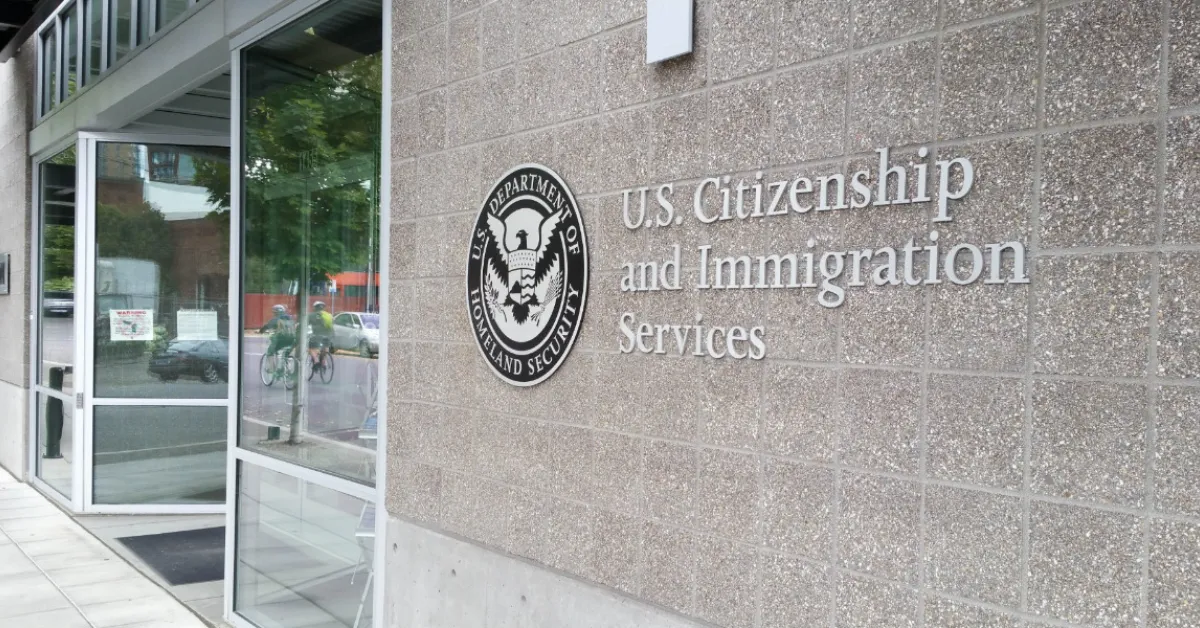
The United States Citizenship and Immigration Services (USCIS) is poised to enact significant alterations to both the naturalisation process and the H-1B visa programme.
This signals a renewed effort by the Trump administration to tighten immigration controls. Joseph Edlow, the newly confirmed USCIS Director, aims to implement more stringent measures designed to reshape access to American citizenship and reform the skilled worker visa system.
In a recent interview with The New York Times, Edlow criticised the current naturalisation exam, asserting that it lacks the necessary rigour to ensure new citizens possess an adequate understanding of civic duties. He said, "It’s very easy to memorise the answers. I don’t think we’re truly complying with the spirit of the law.”
The proposed changes include a more demanding exam format, broadening the scope of questions to encompass a more comprehensive knowledge of US history, political institutions, and civic responsibilities. This initiative mirrors the Trump administration’s earlier attempt to revise the citizenship test during the former president's first term, when a more difficult version was briefly introduced before the Biden administration rescinded it in 2021.
Edlow’s agenda also encompasses a substantial overhaul of the H-1B visa programme, which enables US companies to employ highly skilled foreign workers, particularly in the technology sector. Currently, visas are distributed through a lottery system without regard for salary levels. The proposed reforms would prioritise applicants based on offered wages, a change Edlow believes would better align the programme with national economic objectives.
He contends that "The H-1B programme should complement, not supplant, the economy and American workers.”
Doug Rand, a former Biden administration official, argues that prioritising higher salaries contradicts the legislative framework established by Congress. Technology firms, including some with ties to Trump, have also voiced concerns, asserting that the H-1B programme is vital for filling specialised roles that domestic talent cannot readily supply.
While Edlow has clarified that he does not intend to reinstate controversial policies, such as penalising immigrants for using public benefits, the overall direction of USCIS under his leadership reflects a firmer stance on immigration. The emphasis on economic contribution and national interest signifies a continuation of Trump’s first-term priorities, with naturalisation, asylum, and work visas all facing increased scrutiny.

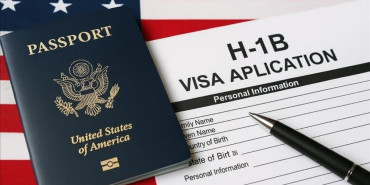

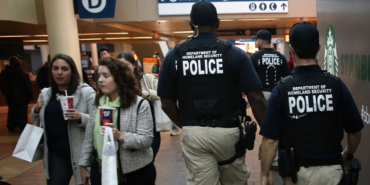

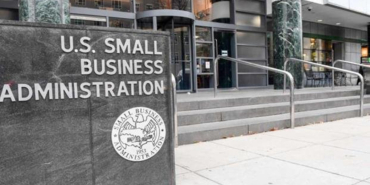
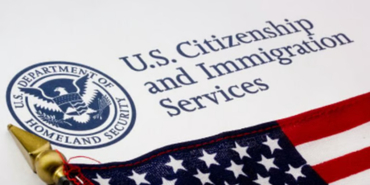
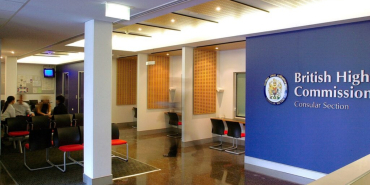
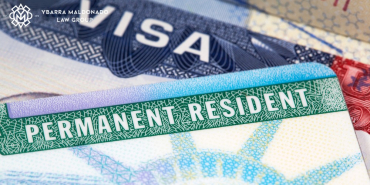



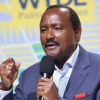

Add new comment